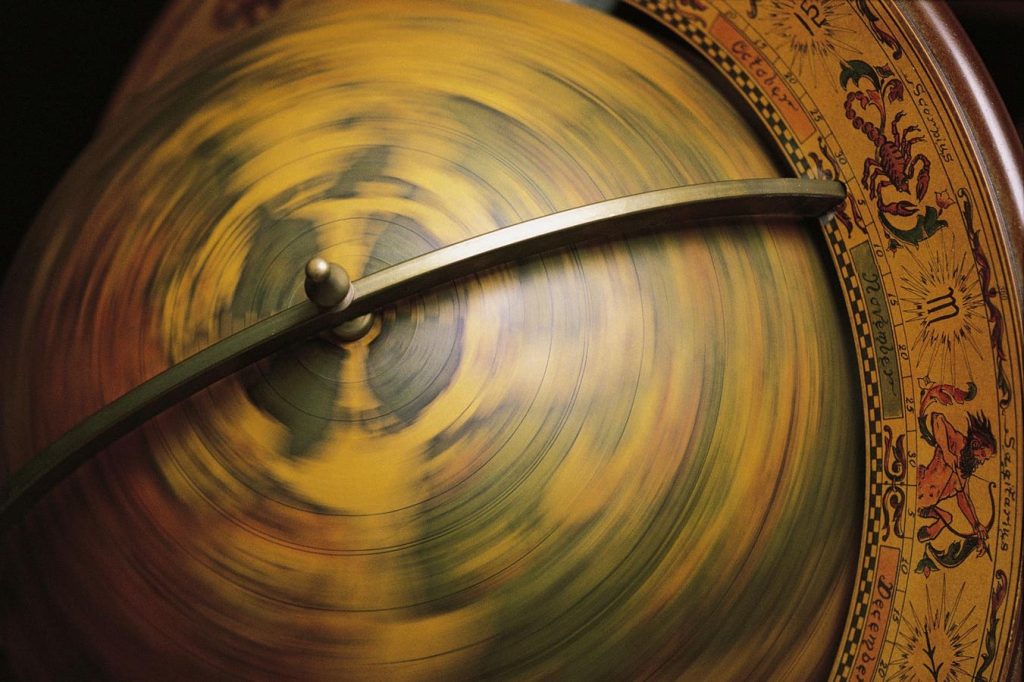Earth is speeding up, and a drop second will need to be removed from global time to account for the faster rotation. However, according to new research, this drop second will be delayed due to climate change. The melting of ice caps at the poles is slowing down the rate of increase in the planet’s rotation, pushing back the need for the drop second from 2026 to 2029.
Time on Earth is based on Coordinated Universal Time (UTC), which closely follows Earth’s rotation. Leap seconds are added or taken away as Earth’s rate of rotation changes. The International Earth Rotation and Reference Systems Service (IERS) last added a leap second on December 31, 2016. However, with the increased melting of ice in Greenland and Antarctica, the redistribution of mass is acting as a drag factor on Earth’s rotation, affecting the need for a drop second.
Changes in the Earth’s molten core also contribute to variations in the rate at which the planet spins. The speed at which Earth rotates can impact how long a day lasts, with faster rotation causing days to be shorter. This change in rotation is also affecting the need for a drop second.
The author of the paper published in the journal Nature, Duncan Agnew, a geophysicist at Scripps Institution of Oceanography at the University of California San Diego, highlights the impact of the increased melting of ice on Earth’s rotation. The redistribution of mass due to melting ice is influencing the planet’s rotation rate, delaying the need for the drop second.
The delay in the implementation of the drop second has unknown consequences for the interconnected world. Smartphones, computers, and communication systems all rely on accurate timekeeping, with the use of Network Time Protocol (NTP) servers to synchronize time. Even a small discrepancy in time could lead to significant problems in today’s interconnected world, underscoring the importance of accurate timekeeping and the implications of changes in Earth’s rotation.
As researchers continue to monitor and study the effects of climate change and its impact on Earth’s rotation, the need for a drop second may be further delayed or its implications may become more significant. Understanding the relationship between Earth’s rotation and environmental changes is essential for accurately keeping time and ensuring the smooth operation of various systems that rely on precise timekeeping.


